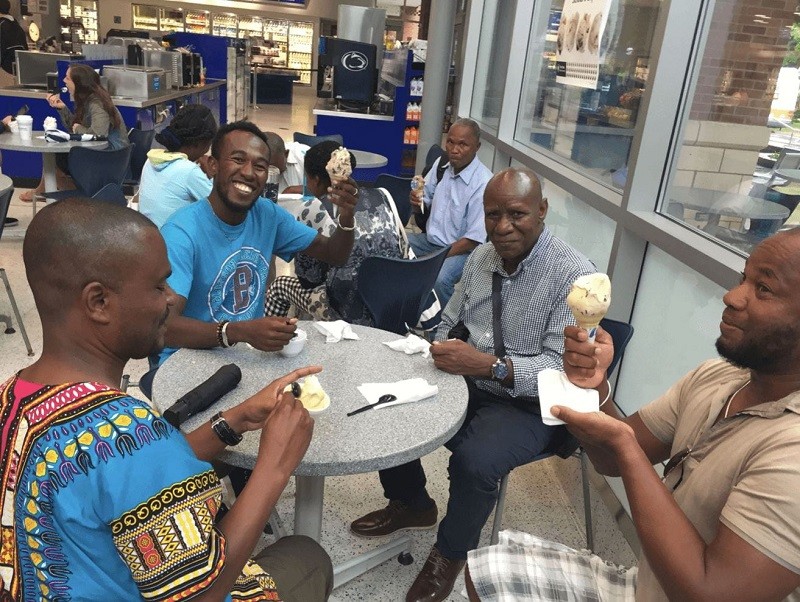Vezo Ecological Knowledge Exchange

This project addresses issues of livelihood security linked to losses in biodiversity in coastal southwest Madagascar by using digital technologies to document and revitalize traditional ecological knowledge and storytelling pertaining to marine fisheries and dry forest plant harvesting. The project aims to 1) record and revitalize disappearing Vezo traditional knowledge and practices, 2) create a digital skeleton collection of historically and ecologically important southwest Madagascar fauna, 3) develop a multi-year research proposal in close collaboration with Vezo community members to investigate the ecological role of Vezo traditional knowledge and practices in shaping local marine and terrestrial ecosystems, and 4) produce an accessible digital archive of Vezo oral histories and educational materials to share traditional ecological knowledge with local youth. An overarching aim of the project is to record and revitalize oral histories and traditional knowledge to empower local communities to advocate for their traditional livelihood practices and access to resources in conservation and development policy negotiations. The project launched in Summer 2019 when the OBT Lab hosted an 8-person delegation of indigenous collaborators from Madagascar at Penn State and the Smithsonian to record disappearing Vezo traditions and develop a collaborative research proposal investigating the ecological role of Vezo practices. The collaboration developed through this project is a model for integrating distinct ways of generating and transmitting knowledge, and confronting the inequalities inherent in scientific research that impacts communities with limited power in its design and implementation. The project is made possible with generous funding from the Penn State Center for Humanities and Information and the Africana Research Center.

